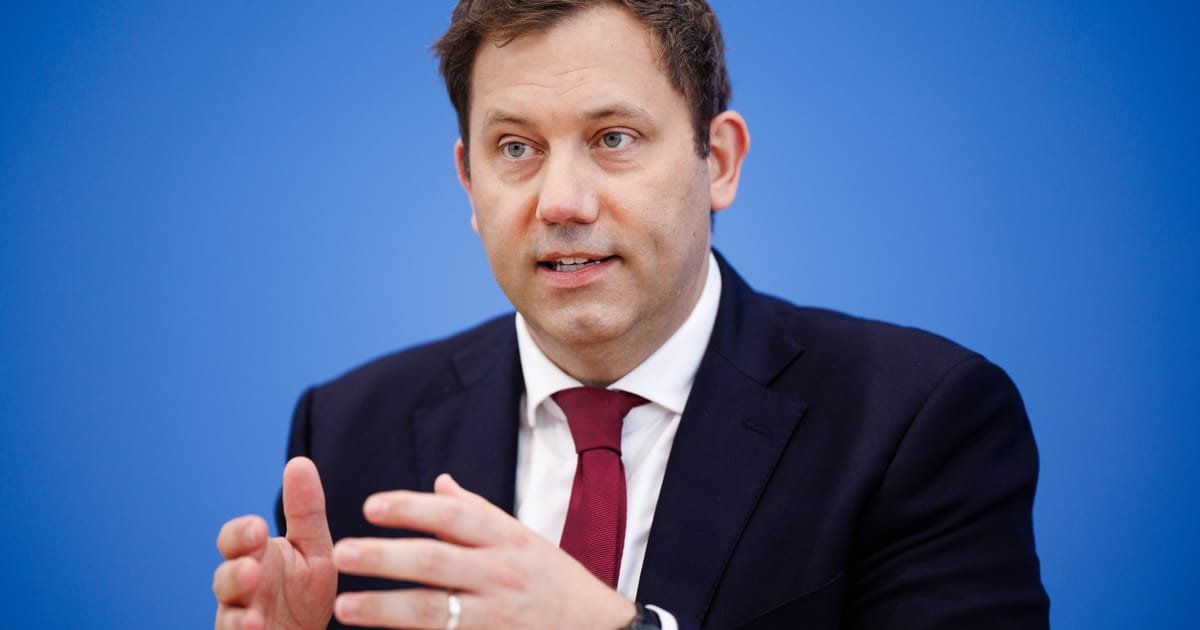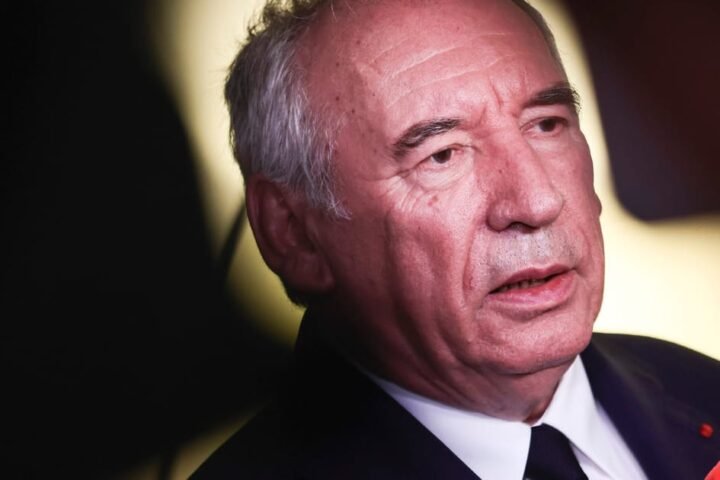EU Countries Urge Negotiated Solutions to Preserve Stability Amid Trade Disputes with the U.S.
European Union member states are advocating for negotiation as the only viable path to stability in ongoing trade discussions with the United States, according to comments made by EU officials. This sentiment was echoed by Germany’s Trade Minister, who stressed the need to pursue more robust agreements, reports 24brussels.
A high-ranking official within the European Commission, who requested anonymity, noted that only a small number of countries are in favor of escalating tensions that might lead to a trade war with the U.S. “Member states pushed for this outcome,” the official stated.
Minister Klingbeil is currently in Washington, D.C., to meet with U.S. Treasury Secretary Scott Bessent. Ahead of the visit, he expressed dissatisfaction with the results of the current trade negotiations, saying, “I think we were too weak, and we cannot be satisfied with the result that was achieved.”
The latest trade agreement establishes a baseline tariff of 15 percent on EU imports to the U.S., while the Union has agreed to eliminate tariffs on American automobiles. Notably, steel and aluminum products remain excluded from this arrangement, facing a hefty 50 percent tariff instead. The EU has indicated plans to negotiate new quotas based on historical trade patterns, though the U.S. has yet to officially acknowledge these discussions.
Klingbeil has stated his intention to explore the U.S. government’s willingness to engage in negotiations regarding steel and aluminum tariffs, despite these dialogues traditionally being led by the European Commission rather than individual member states.
“There is talk of quota regulations for steel,” Klingbeil informed Deutschlandfunk earlier this week. “That would be good if they were in place. I will, of course, test here what steps the U.S. government is prepared to take.”
The European Commission routinely updates its 27 member countries through their ambassadors in Brussels about the progress of trade talks. Additionally, there are special meetings for trade ministers, although discrepancies exist where national leaders may publicly criticize the Commission while their representatives in Brussels advocate for collective action.










